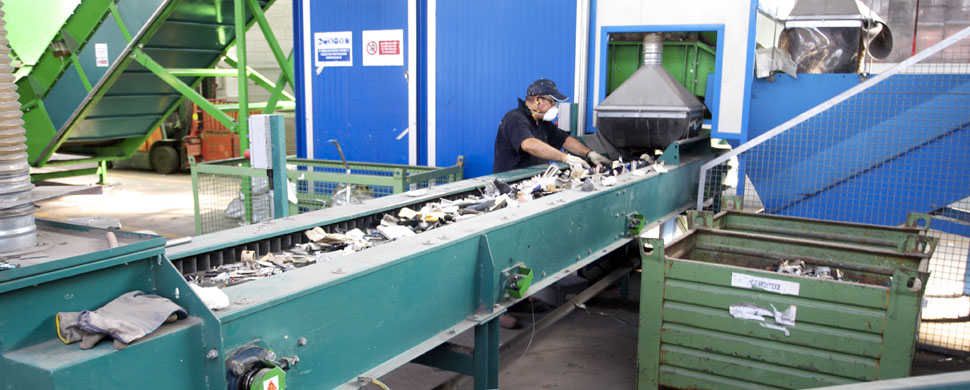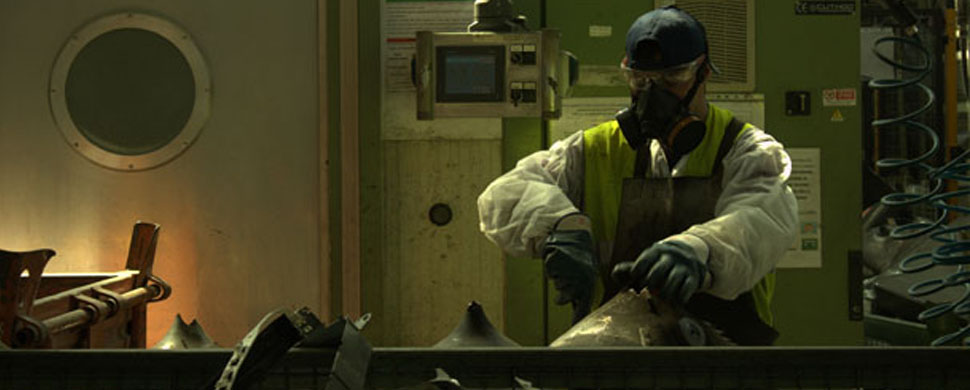Scrapping

Equipment that cannot be reconditioned follows certified R2/RIOS processes.
All equipment that cannot be recovered by nature or because it is permanently non-functional follows the scrapping process.
Even at this stage of the work, there are different categories of equipment and not all types of goods are treated the same. It must be said that there is profound difference between hazardous and non-hazardous equipment, among which there are additional subcategories that frame so many varieties of equipment. Therefore, it is important for those who are about to scrap obsolete IT equipment to be well aware that IT is not all taken in and handled in the same way.
All material that belongs to the non-hazardous world and is identified with EWC code 160 214 (PCs, servers, boards, hard disks, keyboards, mice, etc...) follows its own end-of-life path. All those equipment identified with CER code 160 213, for example CRT/LCD/TV monitors, follow another end-of-life path, in this case more complex because of the nature of the product. Equipment that cannot be destined for scrapping is dismantled, then its components are separated and broken down into raw materials such as plastic and/or aluminum.
Once the waste is identified and classified, it is placed in a storage area used exclusively to accommodate goods having that specific EWC code and no others-we are authorized for this operation.
Equipment that cannot be scrapped is dismantled and its components are separated into raw materials such as plastic, aluminum, copper, and printed circuit boards, among other categories. These separated components are sent to control engineers and used to generate quality raw materials.
Here are some photos of the treatment plant used for this process:








